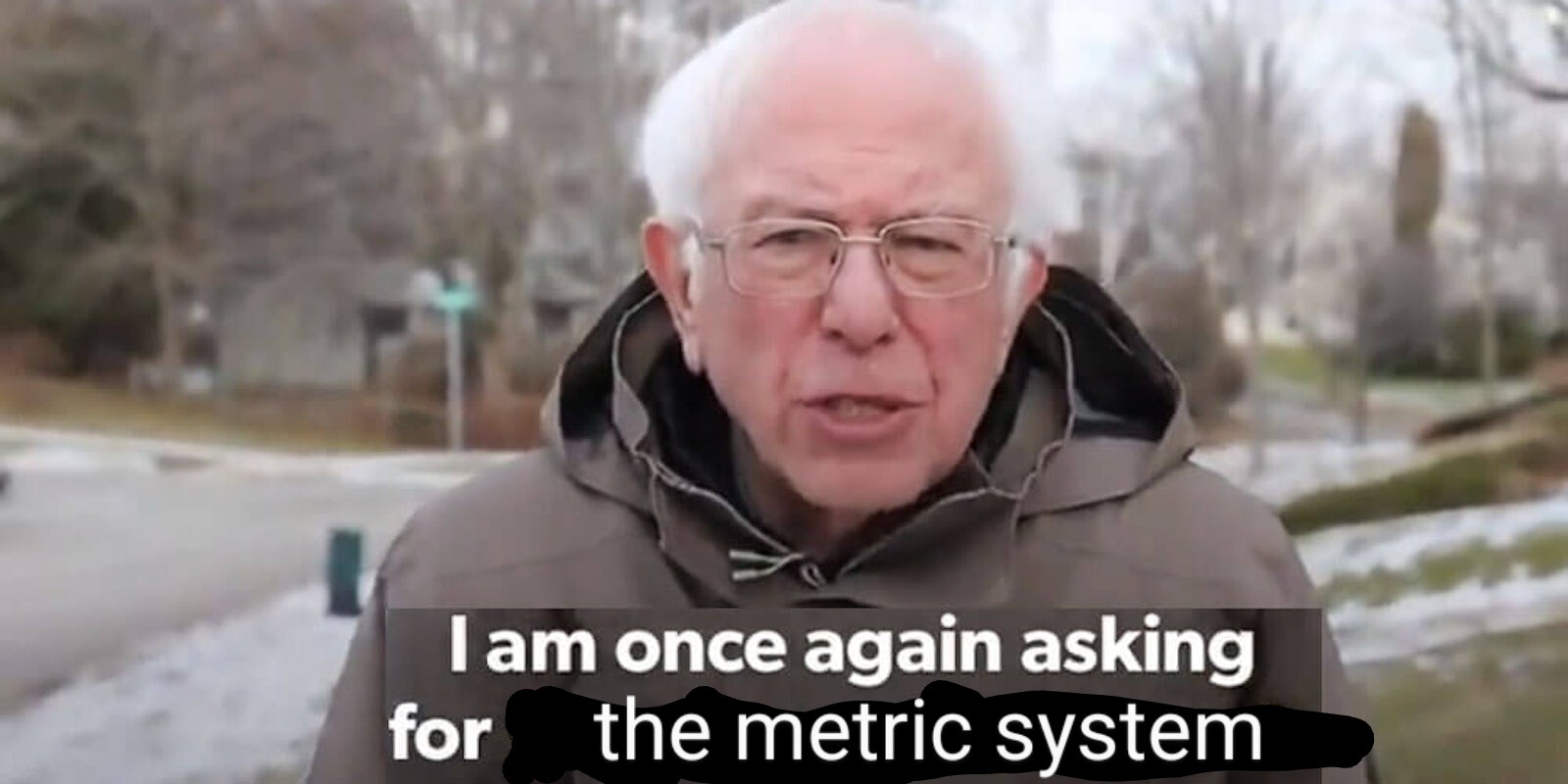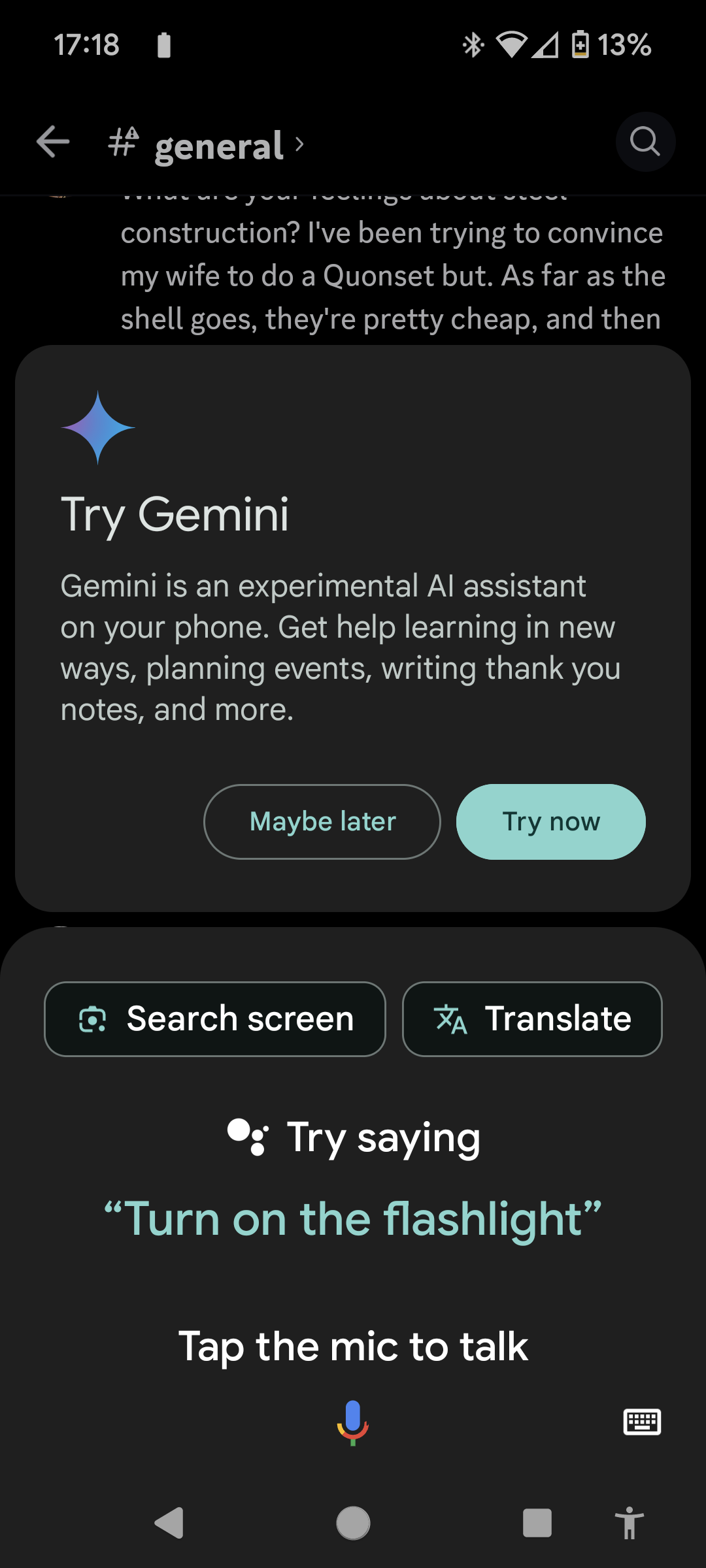The technology can detect gunshots, yes, but it can't detect it they're meaningful in any way that would require a response. That means responders are showing up to areas with nothing more than the knowledge that a gun was discharged, which leaves them fewer resources to allocate to actual problems.
Bob
I ain't paying any attention to speculation. He hasn't dropped out until he's actually dropped out.
No one would ever try to drive through a large group of cars going past, why force your way into bikes?
I think the amazing thing is how much improvement you get from going from "choose one" to "choose all you like." (AKA approval voting). The ultimate goal is proportional representation, but approval is such an easy first step.
If we had Approval Voting people would be able to vote for third party candidates independent of what they do concerning major party candidates. And, their support would always be shown in the final tally on election day.
Probably the first time I've ever looked at a presidential lineup and simply hoped the two front-runners fall over dead as soon as possible.
They're finally getting rid of these guys because they're old and no one wants to take care of them. That's all.
I mean, yeah, 1000 people is enough assuming there's no sampling bias. But if you've got sampling bias, increasing the sampling size won't actually help you. The issue you're talking about is unrelated to how many people you talk to.
Your own suggestion of splitting up the respondents by state would itself introduce sampling bias, way over sampling low population states and way under sampling high population states. The survey was interested in the opinions of the nation as a whole, so arbitrary binning by states would be a big mistake. You want your sampling procedure to have equal change of returning a response from any random person in the nation. With a sample size of 1000, you're not going to have much random-induced bias for one location or another, aside from population density, which is fine because the survey is about USA people and not people in sub-USA locations.
Ah. I personally wouldn't care, then. In fact, I would be honored in this situation l. But, I'm sure there are those that would feel differently.
A degree should have no sensitivity towards anything outside of the classroom. Did you pass all the classes you needed to? You get your degree. Full stop.
The oil companies reconglomerated, in part, because we stopped enforcing anti-trust nearly as much as originally intended when we started using the stupid-ass Chicago school of thought from the 1970s onwards. It's only in the last ten years or so that's it's become legally reasonable to say "hey actually the Chicago school of though kinda sucks." Standard Oil in particular is a bad anti-trust example because Rockefeller was such a personality cult that everyone around him was completely wrapped around his finger. In any case, you can still punish companies for price fixing if you've force them to be legally separate, which you can't do if it's all one legal organization.
The telecom industry is another example where anti-trust break-ups didn't lead to more competition, for somewhat similar reasons. They were broken up by geographic regions and each region made gentlemen's agreements not to expand into each other's territory. When we stopped enforcing anti-trust as much, they bought each other out.
In general, however, breaking up monopolies is effective, so long as doing so actually creates competition in the marketplace. This is most effective in markets with low barriers to entry or ones where there's already a large number of smaller companies that are simply too small for meaningful competition with mega-corp. It's least effective in markets with extremely high barriers to entry or ones where it's easy to collude and get away with it. In any case, it's still worth it to break up monopolistic companies because it still reduces their power, even if it does so more effectively in some markets than others. Among other benefits, it makes it easier for new competitors to establish themselves in the market, since their competitors have a harder time utilizing unfair practices the smaller they are.



The technology can detect gunshots, yes, but it can't detect it they're meaningful in any way that would require a response. That means responders are showing up to areas with nothing more than the knowledge that a gun was discharged, which leaves them fewer resources to allocate to actual problems.